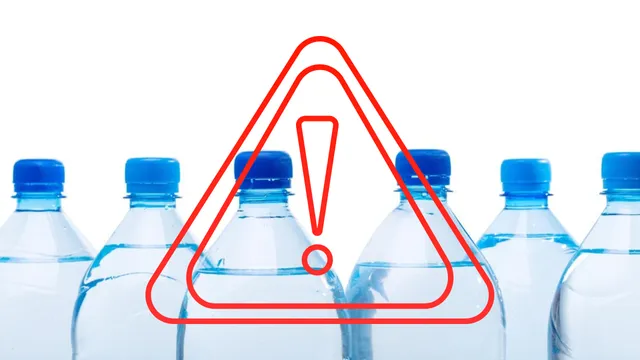Report
The Bureau of Indian Standards (BIS) no longer requires mandatory certification for packaged drinking water. Now, only the Food Safety and Standards Authority of India (FSSAI) issues licenses. This regulatory shift has pushed 20-litre water cans delivered to homes into the ‘high-risk’ category, sparking serious safety concerns.
Unlabelled, Reused, and Risky: Water Cans Flood Market
Many 20-litre water cans reach consumers without ISI marks, brand labels, or essential information such as manufacturing and expiry dates. Worse still, these cans often get reused repeatedly to the point where the water inside becomes nearly invisible. Damaged necks, dented bodies, and degraded materials pose hidden health risks by potentially contaminating the water inside.
Experts Warn: Quality Compromised in Race for Quantity
Dr. M A Aleem, retired neurology professor, highlights the danger of unverified water sources and poor packaging. Consumer rights advocate T Jayanti Rani points out that a decade ago, fewer companies ensured consistent quality. Now, many new players prioritise cheap production over safety, flooding the market with poorly maintained, unlabelled water cans. The Packaged Drinking Water Association claims manufacturers fulfill their duties by supplying quality water. However, local distributors often refill old, untested cans and sell the water at a premium without proper safety checks. Fake ISI logos and misleading practices add to consumer confusion and risk.
Authorities Step Up: Mobile Labs and Heavy Penalties
Food safety officials in Trichy have intensified efforts to regulate high-risk water cans through mandatory inspections. They deploy mobile labs for on-the-spot water testing and impose fines up to ₹10 lakh on businesses failing quality standards or operating without licenses. Officials urge consumers to report suspicious cans and ensure they use only bottles with at least 85% transparency and a visible ISI mark.
Source: The Times of India
 Food Manifest
Food Manifest 


















